Bringing more culture to the common man
Museums, galleries, exhibition sites and even a movie venue are slowly removing time and money barriers that may inhibit ordinary workers from enjoying cultural experiences.
Some companies are now giving employees free tickets to cultural sites. Galleries are filling the gap left by museums closed on Mondays, and several exhibition venues previously open to only select visitors are now opening to the common man.
It’s all part of a project sponsored by the Minhang Federation of Trade Unions and the Minhang Culture, Radio Broadcasting, Film and Television Administration. The first eight participating venues are the Powerlong Museum, the Griffin Drive-in Theater, the Yogurt Exhibition at Shanghai Bright Dairy & Food Co, the Qin Yi Art Museum, Gaocheng Ceramics, the Shanghai Wine Exhibition, the Cartoon King Paper Box Exhibition and the Museum of Chinese Traditional Instruments.
The Museum of Chinese Instruments, Gaocheng Ceramics and the Yogurt Exhibition are opening to a more general public for the first time.
Some 40,000 tickets have been distributed to workers. They are available through the WeChat account of the trade federation or through company unions.
“Considering most museums are closed on Mondays, we’ve arranged some galleries to fill in the gap,” said Li Wei, vice president of the trade union federation. “And to accommodate people who work night shifts, we are including the Griffin Drive-in Theater because it’s open late.”
More destinations in Minhang will soon join the program. Here is the recap of participating sites.

Museum of Chinese Instruments
This museum, housed in the Shanghai Factory of Traditional Instruments, combines displays of photos and antique instruments to trace the history of the instruments. The photo section covers some 180 instruments.
Dunhuang caves, the archeological treasure site in northwestern China, contains paintings of ancient instruments in murals. Many of the artworks have inspired factory replicas and designs.
The Tang Dynasty (AD 618-907) was a major period in the development of musical instruments. String and woodwind instruments of that time can be found today only in Japan. Based on photographs provided by the Japanese, the Shanghai Factory of Traditional Instruments has produced a line of reproductions.
Address: 400 Lianming Rd
Opening hours: Tuesday, 9 am-4pm
Tel: 6486-5776
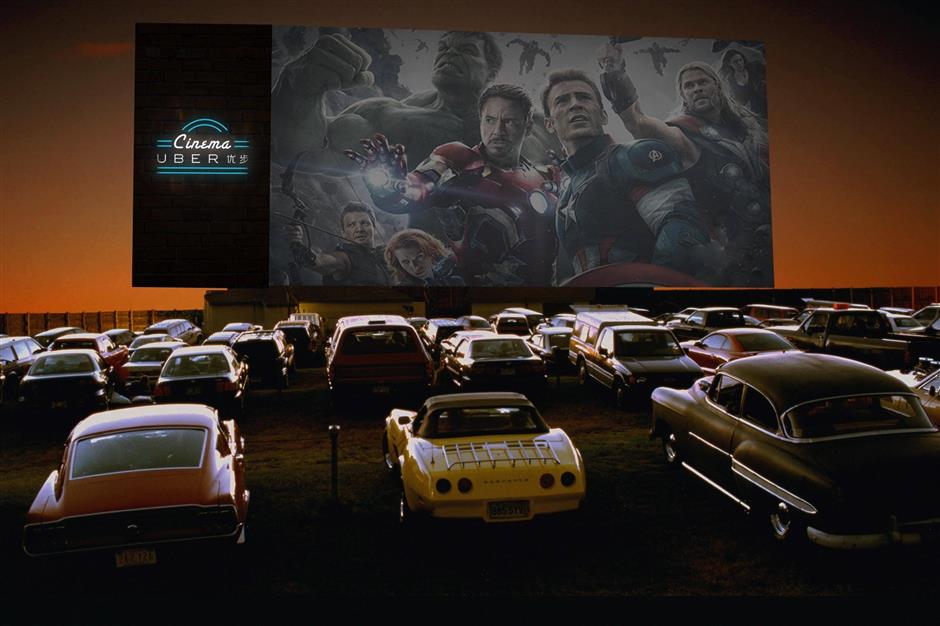
Griffin Drive-in Theater
Opened in 2012, the outdoor theater is equipped with two 20-by-13.6 meter screens and can accommodate about 150 cars.
The theater screens four to six films a day, charging 150 yuan (US$ 24) per car.
Address: 429 Quwu Rd
Opening hours: 7:30pm-2:30am
Tel: 3875-0932

Powerlong Museum
The Powerlong Museum in Qibao Town opened at the end of 2017. It was founded by Xu Jiankang, a Fujian-born tycoon who built the Powerlong Group.
The museum was built on Xu’s personal art collection, which he said he donated to promote contemporary art into the lives of ordinary people. The museum has 10 exhibition halls. Three of them showcase works from Chinese artists over the last century such as Qi Baishi, Huang Zhou and Cai Guoqiang.
The Powerlong Group opened its first museum in the city of Qingdao and is planning venues in Xiamen and Hangzhou.
Address: 3055 Caobao Rd
Opening hours: Tuesday-Sunday, 10am -6pm
Tel: 6221-9111
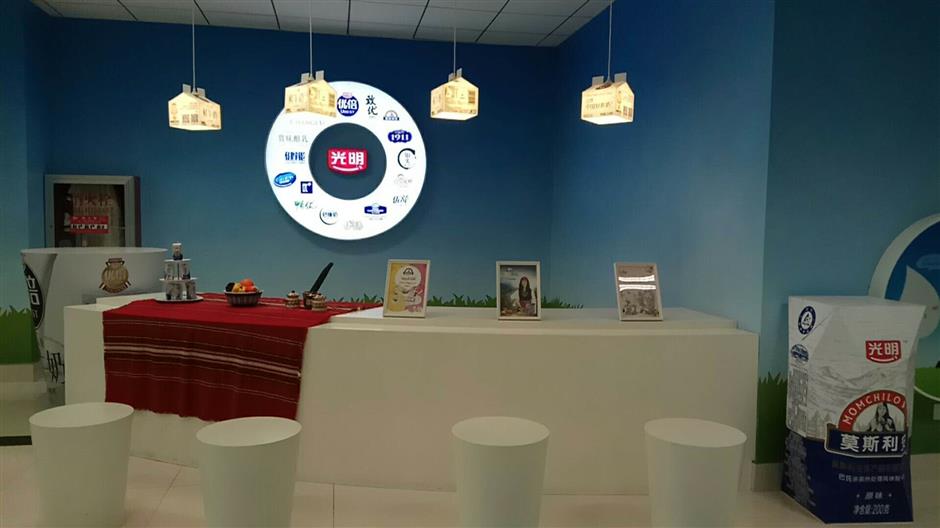
Yogurt Exhibition at Shanghai Bright Dairy & Food Co
The second-largest dairy company in China, Bright has built a 20 million yuan exhibition hall to showcase the dairy industry.
Along a 1.6-kilometer corridor, visitors are shown every aspect of production and can watch actual work through glass windows. Visitors taste the end products in a room made from old milk crates.
Address: 489 Zidong Rd
Opening hours: Thursday, 9:30am-3:30pm
Tel: 6012-5076
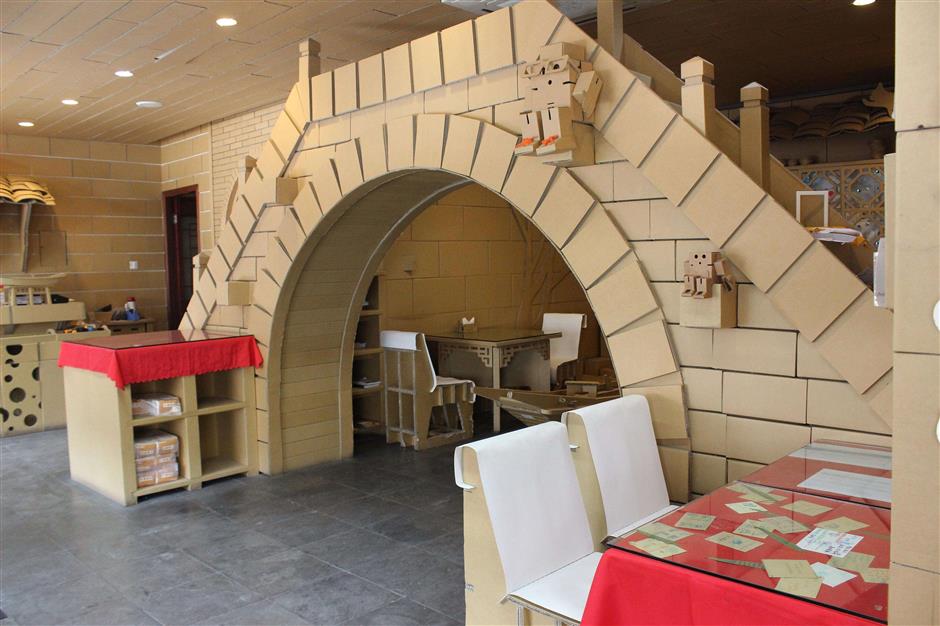
Cartoon King Paper Box Exhibition
This exhibition, which originated in Taiwan, features displays made entirely of paper, including lamps and tables.
Replicas of famous tourist destinations, including the Oriental Pearl TV Tower, the Peace Hotel and the Eiffel Tower, are also made of paper. A zoo features paper animals, some taller than a person.
In the gift shop, paper handbags, hats, lamps and other merchandise are on sale. There’s even a restaurant where visitors sit at paper tables on paper chairs.
Address: 389 Lianming Rd (Maikejiang Culture and Innovation Zone)
Opening hours: 10am-7pm
Tel: 6479-3368
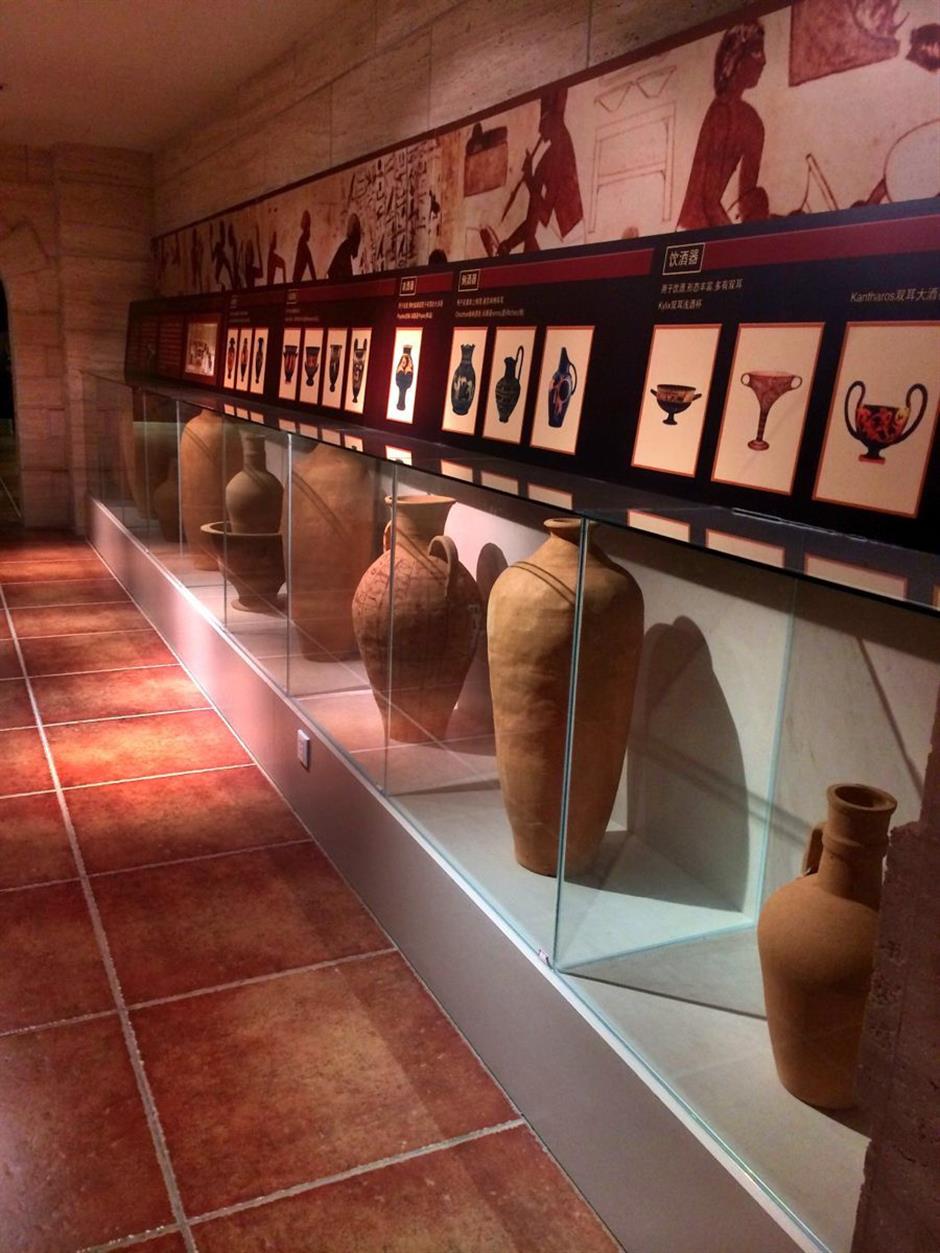
Gaocheng Ceramics
Gaocheng Ceramics became an official “Brand of Shanghai” in 2015 for its porcelain erhu, a traditional instrument with two strings.
The exhibition showcases a unique collection of ceramics from different dynasties, and provides information on the development of glazing in Chinese artworks.
Address: 2/F, 2869 Beidi Rd
Opening hours: Monday, 9am-4pm
Tel: 5227-7199
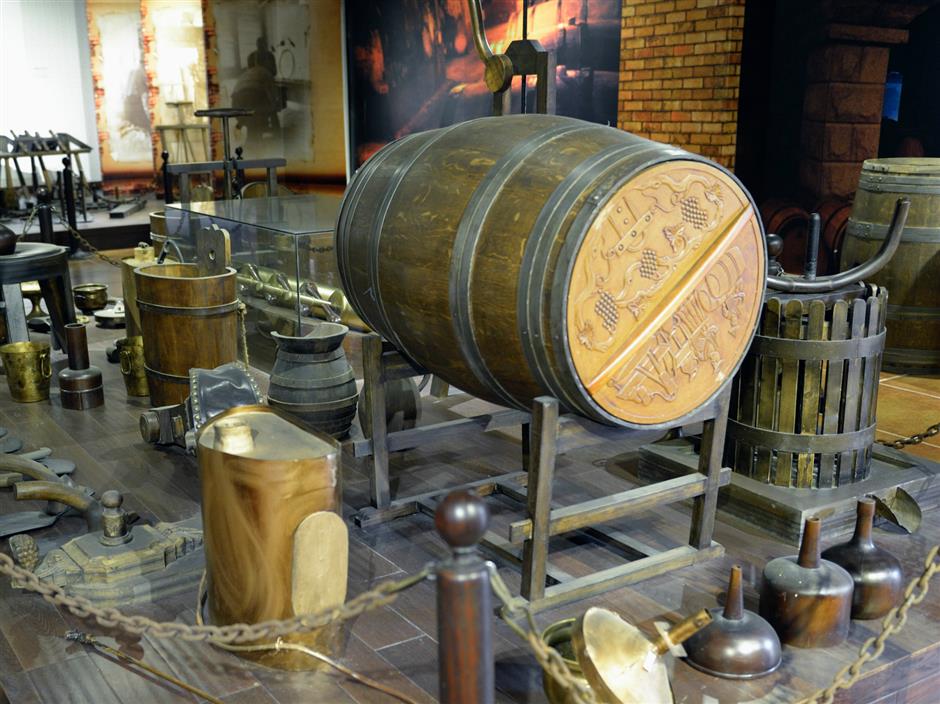
Shanghai Wine Exhibition
Located on the second floor of Shanghai Wine Tasting Center, this exhibition contains displays of crystal wine glasses from the Czech Republic and Austria, and equipment used in the early days of winemaking.
It informs visitors about famous wine areas around the world and the development of China’s Changyu wines.
There’s a basement wine cellar that was built as a bomb shelter during Battle of Songhu in 1932, and a tasting room where visitors can sample the fruits of the vine.
The museum also hosts a free wine tasting event each month.
Address: 145 Guanghua Rd
Opening hours: Wednesday 9am-4pm
Tel: 6221-7979
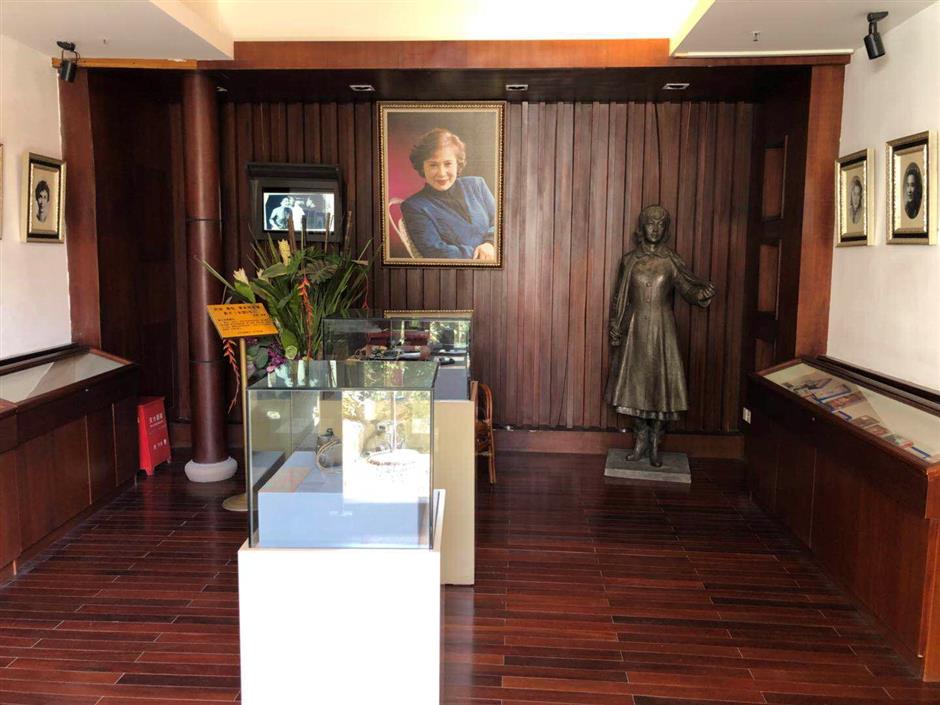
Qin Yi Art Museum
Qin Yi, now 96, was one of China’s most popular film actresses in the 1950s and 60s. Former premier Zhou Enlai called her “the most beautiful woman in China.”
The museum traces Qin’s seven-decade career, alongside the development of the Chinese film industry. The museum contains photos, sculptures and memorabilia.
The second floor of the museum re-creates her former apartment, filled with items she once used.
Qin in recent years has devoted much of her time to charity work.
Address: Liyuan Garden, Zhaojialou Town
Opening hours: 8am-5pm
Tel: 6411-8313
















